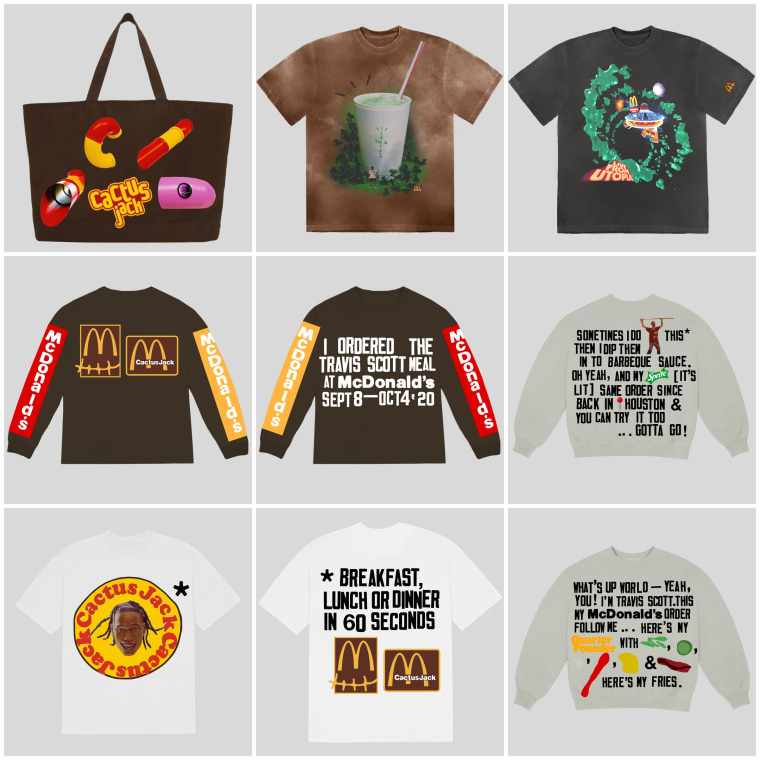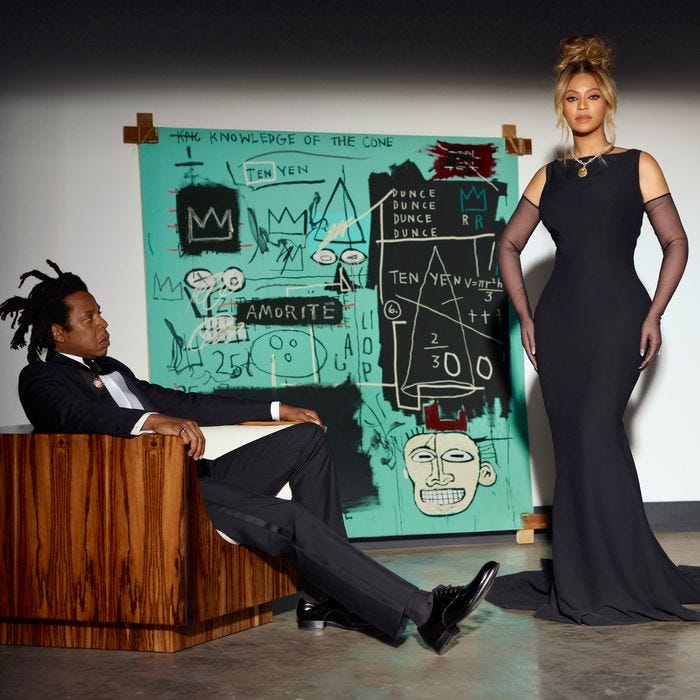The Co-Sign: How Hip-Hop Helps Brands Find Culture Relevance
THE POWER OF THE CO-SIGN
Think about what a co-sign is for a sec.
When you buy your first car, or house or whatever the bank looks at your finances and depending how they feel about your ability to make payments on time they may ask someone to co-sign for you on the loan.
The co-signer essentially guarantees that you can pay back the money you borrowed, while also vouching for your integrity as a borrower. Brands, are the same way except their co-signs are like cultural guarantees where the co-signer vouches for the brand who hopes to borrow attention from us. (trademark pending).
You might be asking yourself, why would a brand need a co-signer? But think of it like this:
Brands pay for our attention - whether that’s by accessing our feeds with promoted posts, or placing ads between our shows. The problem with that is we generally tune them out so they have to find more innovative ways to reach out us without breaking the bank.
Some brands try to pay for our attention using influencer relationships, but these transactions don’t have the staying power of a co-sign. They falter because consumers (I.e. us) aren’t stupid. We know that you gave the influencer a bunch of free shit to say you’re cool. It’s to 1:1 and needs finessing.
Smart brands opt out of influencer relationships (or in addition to building them) look for a co-signer who can help them borrow attention from consumers.
In order to get these cultural guarantees, brands have to look for the most relevant cultures and pitch the leaders to see if they’d be willing to vouch for them. And when it comes to finding the most relevant culture that brings us back too
**Drumroll please**
HIP-HOP.
Yep. Shocking, right?
Let’s take a look at two examples of co-signing that have happened within the past year or so.
BORROWER: MCDONALD’S
CO-SIGNER: TRAVIS SCOTT
McDonald’s has had some issues over the past few years. People are moving toward a healthier lifestyle, and topics like the pink slime scandal have caused people to question the authenticity of their food. Overall, it hasn’t been pretty.
McDonald’s needed a way to get back in with consumers — they needed to capture their audiences attention and remind them of all the… food… they have to offer.
So, who did they get as a cosigner so that people (in this case mutli-cultural people) care about our food again?
The answer is: Travis Scott.
With Travis giving the nod to people in the culture and McDonald’s leaning in by working with Travis in an authentic way (merch collab, special meal, etc.) that gave McDonald’s the cache to say that they were cool and though the food isn’t the healthiest people took notice.
Some of the merch is hard too. Take a look.
BORROWER: Tiffany Co.
CO-SIGNER: The Carters
When Tiffany Co. wanted to target a younger and more diverse demographic, they had their work cut out for them. How could they get people thinking about Tiffany Co. in a new way? Who could properly convey their message?
A normal influencer partnership wasn’t gonna do the trick, and TV commercials weren’t gonna hack it either. Tiffany needed cultural relevance, and with them wanting to reach a new audience, they would need co-signers to borrow their attention. And who co-signed on Tiffany’s cultural loan? None other than The Carters.
This partnership works well because The Carters have a brand that fits the type of luxury that Tiffany offers — it doesn’t give retail chain vibes like Jared’s or Zales. Nah. Tiffany is for those who want and can afford the best jewelry. And to reach the youth, who else could communicate what that means except for The Carters.
The point here is that hip-hop co-signs brands. It’s not about a sponsored post here and there, a shoutout on a record, or even a spread in a magazine. The Co-sign says to the rest of the culture: “hey, this brand over here gets us, and you should f**k with them too.”
That’s more powerful than an influencer, and it’s more swaying than an ambassadorship. Hip-hop gives brands a way to borrow our attention when they likely couldn’t afford it. No other culture can do that which is what makes Rappers so special.
Peace.





